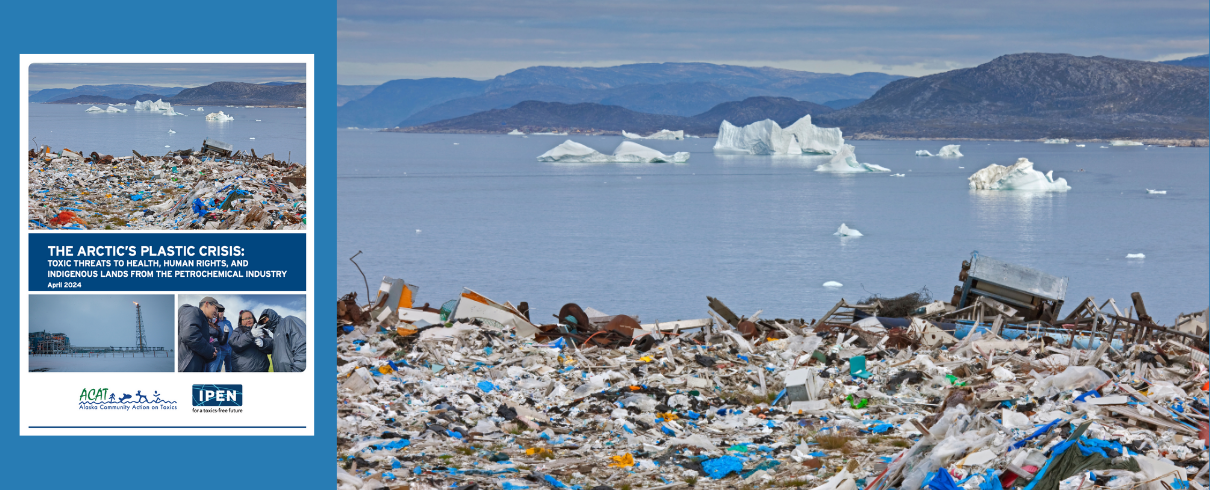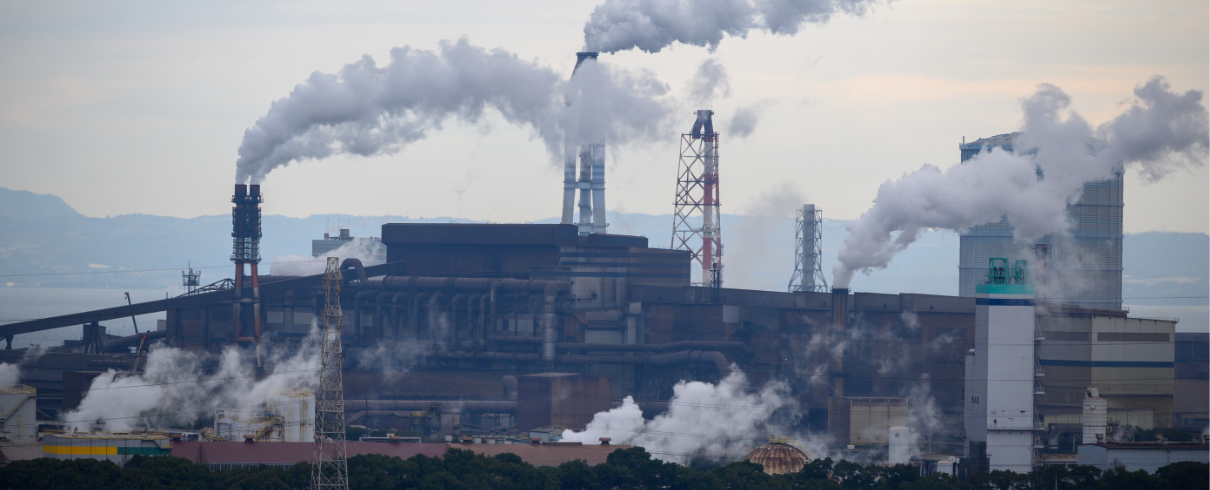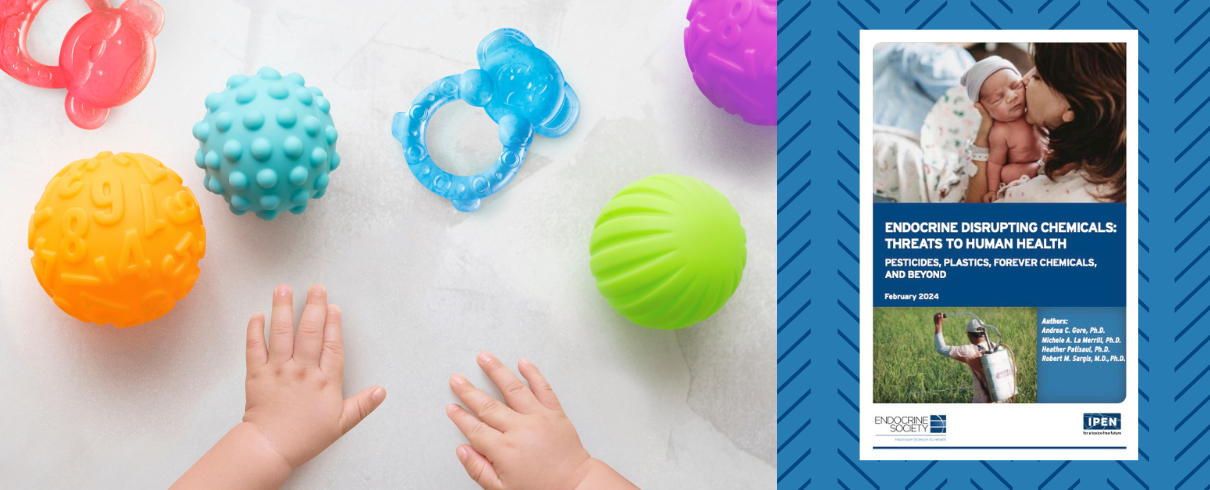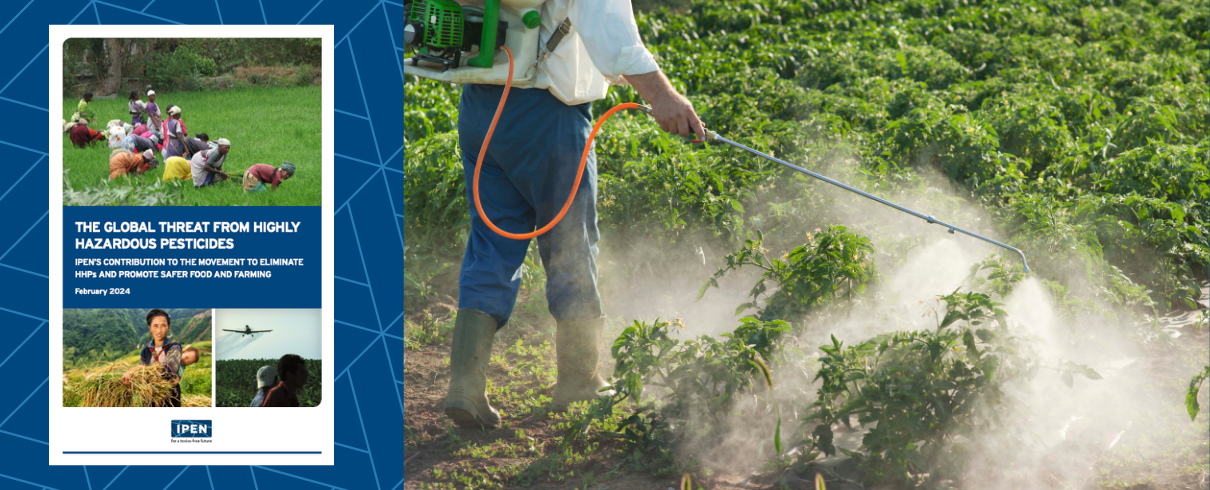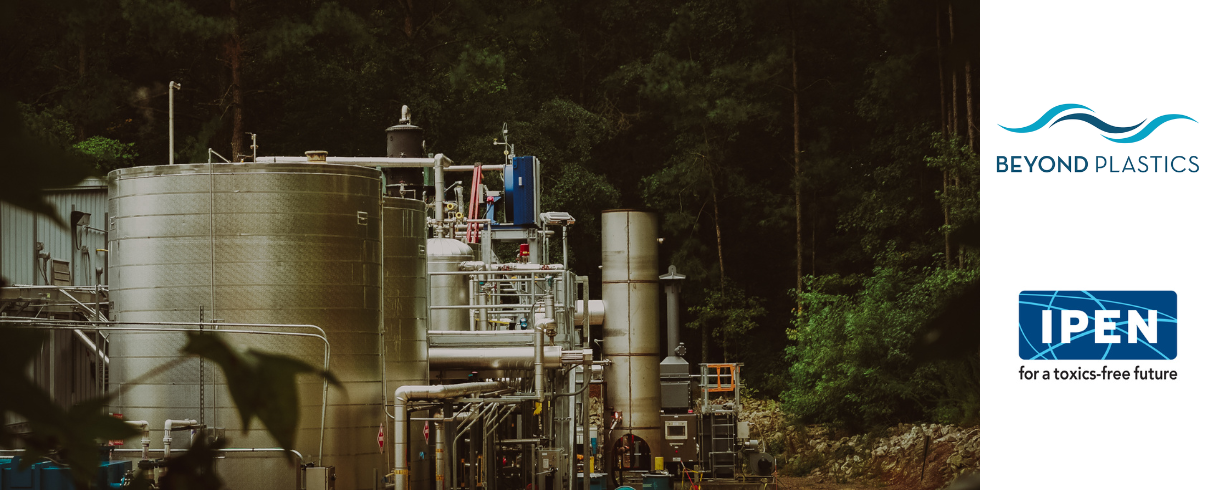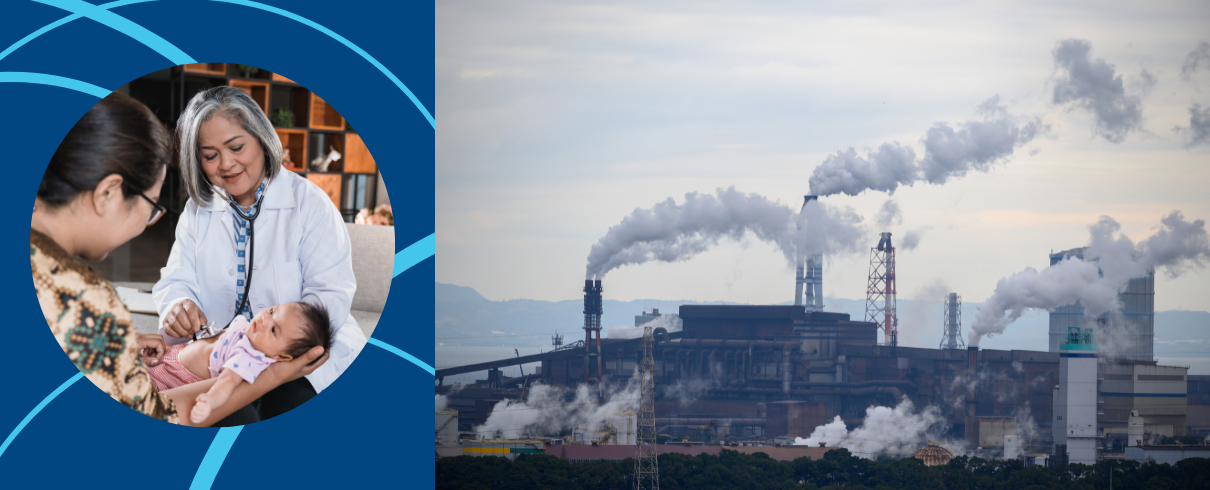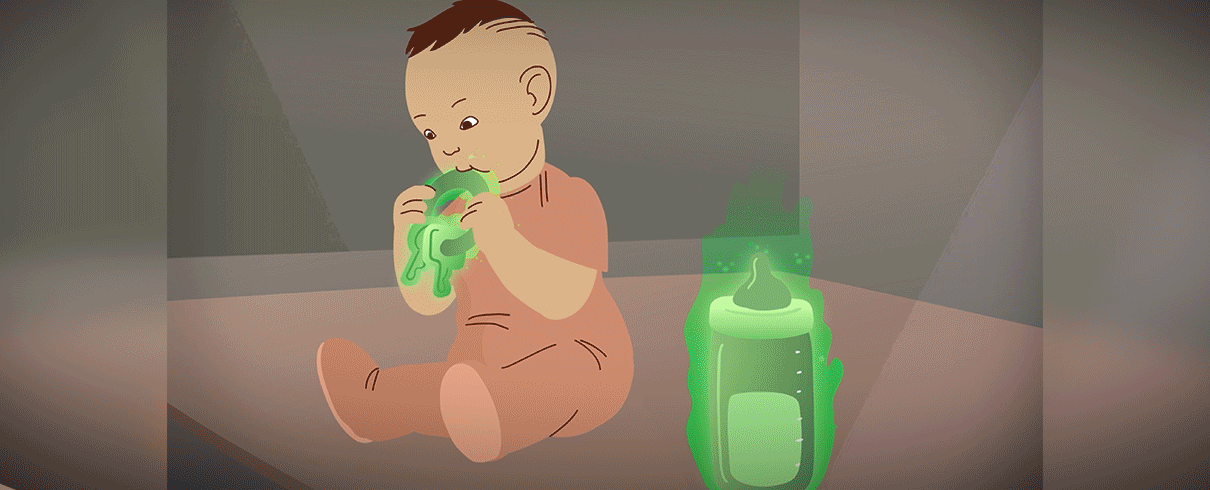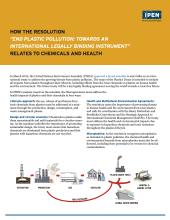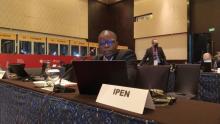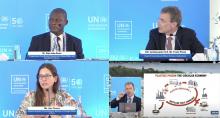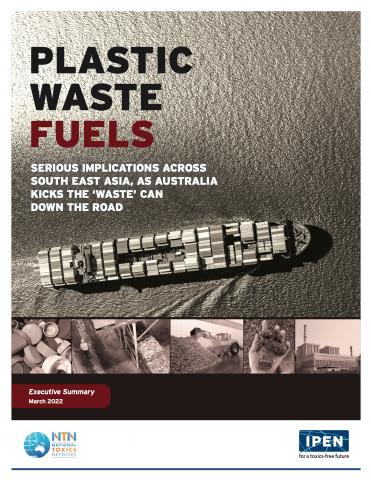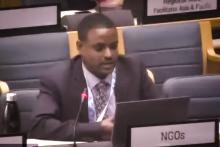Toward a Plastics Treaty
See all of our work on toxic plastics at StopPoisonPlastic.org.
The United Nations Environment Assembly (UNEA) has called for this meeting of an ad hoc open-ended working group to prepare for the work of the intergovernmental negotiating committee (INC) on a Plastics Treaty. UNEA resolution 5/14 specifies that the INC is to develop an international legally binding agreement based on a comprehensive approach that addresses the full lifecycle of plastic, and, among other provisions, calls for an agreement
“To promote sustainable production and consumption of plastics, including, among others, product design, and environmentally sound waste management, including through resource efficiency and circular economy approaches.”
IPEN believes that an understanding of the following three principles will be foundational for a Plastics Treaty that addresses the human health and climate threats from plastics throughout their lifecycle, and for promoting alternatives that truly meet the needs of a circular economy.

